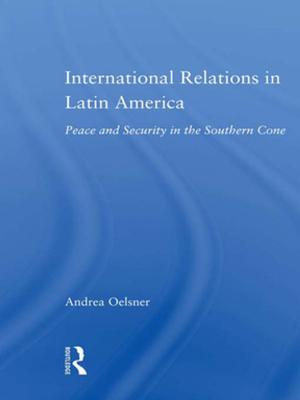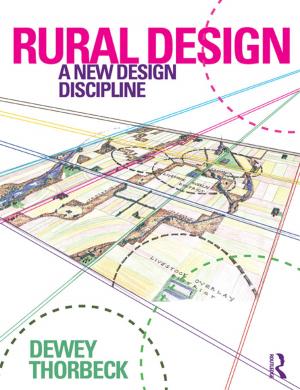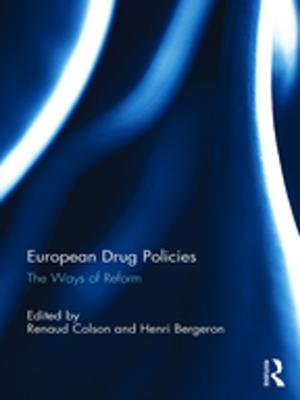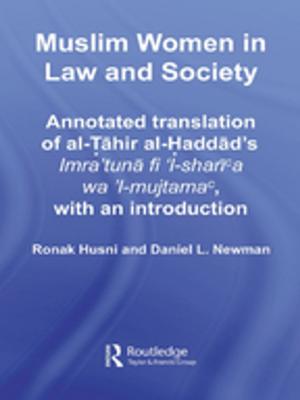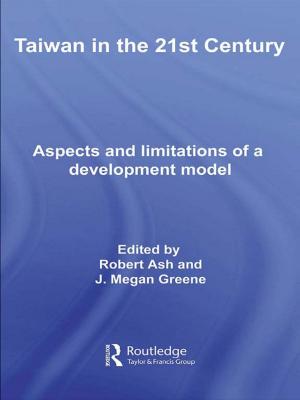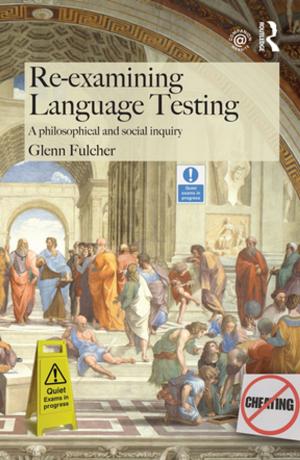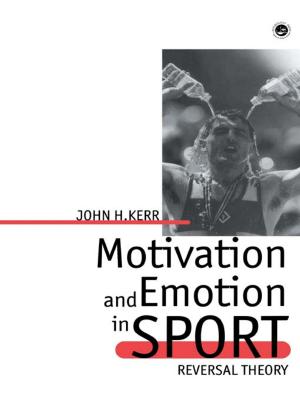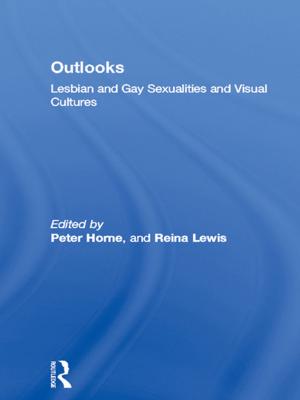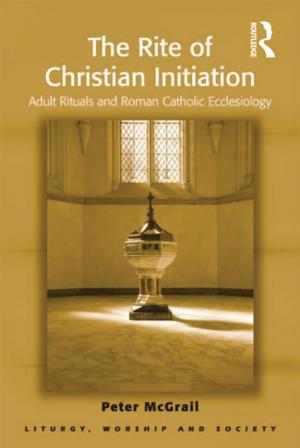Integral Community
Political Economy to Social Commons
Business & Finance, Management & Leadership, Planning & Forecasting| Author: | Ronnie Lessem, Paul Chidara Muchineripi | ISBN: | 9781317115656 |
| Publisher: | Taylor and Francis | Publication: | May 23, 2016 |
| Imprint: | Routledge | Language: | English |
| Author: | Ronnie Lessem, Paul Chidara Muchineripi |
| ISBN: | 9781317115656 |
| Publisher: | Taylor and Francis |
| Publication: | May 23, 2016 |
| Imprint: | Routledge |
| Language: | English |
Integral Community moves the transformation journey for enterprises and society on from the stages covered in earlier books in Gower's Transformation and Innovation Series, which describe a new macro-economic framework and which have examined alternative development with different local communities, bringing wide cultural perspectives to practical implementation of authentic or integral development. Here, the authors argue that there are two major fields of force prevailing in today's world. The one reflects our common heritage, whereby East and West, North and South are coming ever closer together - the global commons. The other reflects local and national singularity, where the notion of feeding off ancient local heritage and talent is key. They also identify four different culturally laden worldviews as Southern - humanistic, Eastern - holistic, Northern - rational, and Western - pragmatic. The enterprise and social innovation in Africa with which Lessem's co-authors are involved provides an object lesson in the sort of differentiation and integration needed in order to operate, socio-economically, with local identity and global integrity. It provides in this case a 'Southern' worldview background against which to examine communally based self-sufficiency; culturally based developmental economy; knowledge based social economy; and finally, the move towards what the authors describe as a living economy. All illustrated through a rural case, Chinyika, with which they have been intimately involved, whereby 100,000 have become self sufficient over the past five years. Integral Community should be read by academics and students of business, economics, development studies and agriculture, and by policy makers, particularly those concerned with the developing world in general and Africa in particular.
Integral Community moves the transformation journey for enterprises and society on from the stages covered in earlier books in Gower's Transformation and Innovation Series, which describe a new macro-economic framework and which have examined alternative development with different local communities, bringing wide cultural perspectives to practical implementation of authentic or integral development. Here, the authors argue that there are two major fields of force prevailing in today's world. The one reflects our common heritage, whereby East and West, North and South are coming ever closer together - the global commons. The other reflects local and national singularity, where the notion of feeding off ancient local heritage and talent is key. They also identify four different culturally laden worldviews as Southern - humanistic, Eastern - holistic, Northern - rational, and Western - pragmatic. The enterprise and social innovation in Africa with which Lessem's co-authors are involved provides an object lesson in the sort of differentiation and integration needed in order to operate, socio-economically, with local identity and global integrity. It provides in this case a 'Southern' worldview background against which to examine communally based self-sufficiency; culturally based developmental economy; knowledge based social economy; and finally, the move towards what the authors describe as a living economy. All illustrated through a rural case, Chinyika, with which they have been intimately involved, whereby 100,000 have become self sufficient over the past five years. Integral Community should be read by academics and students of business, economics, development studies and agriculture, and by policy makers, particularly those concerned with the developing world in general and Africa in particular.


